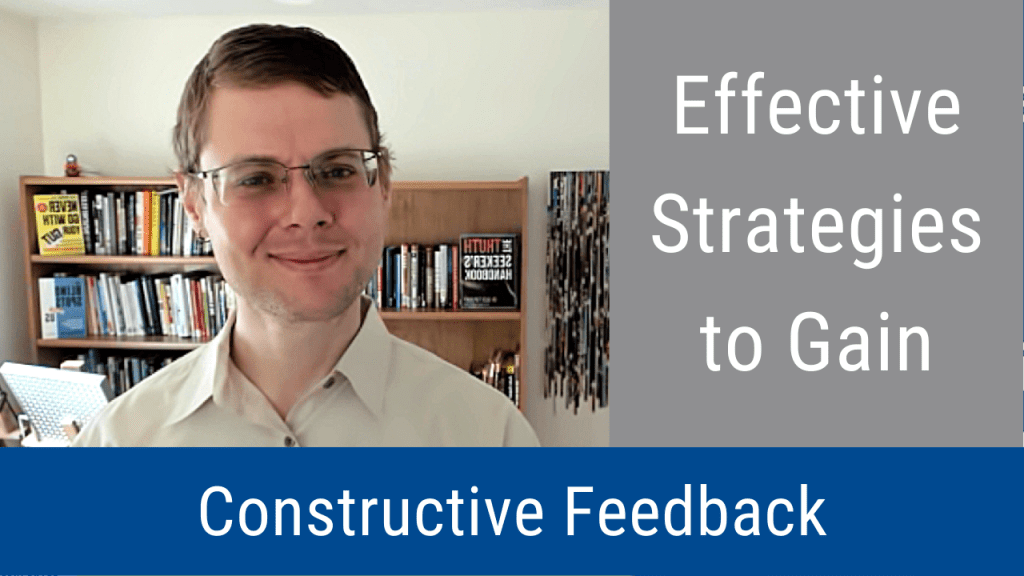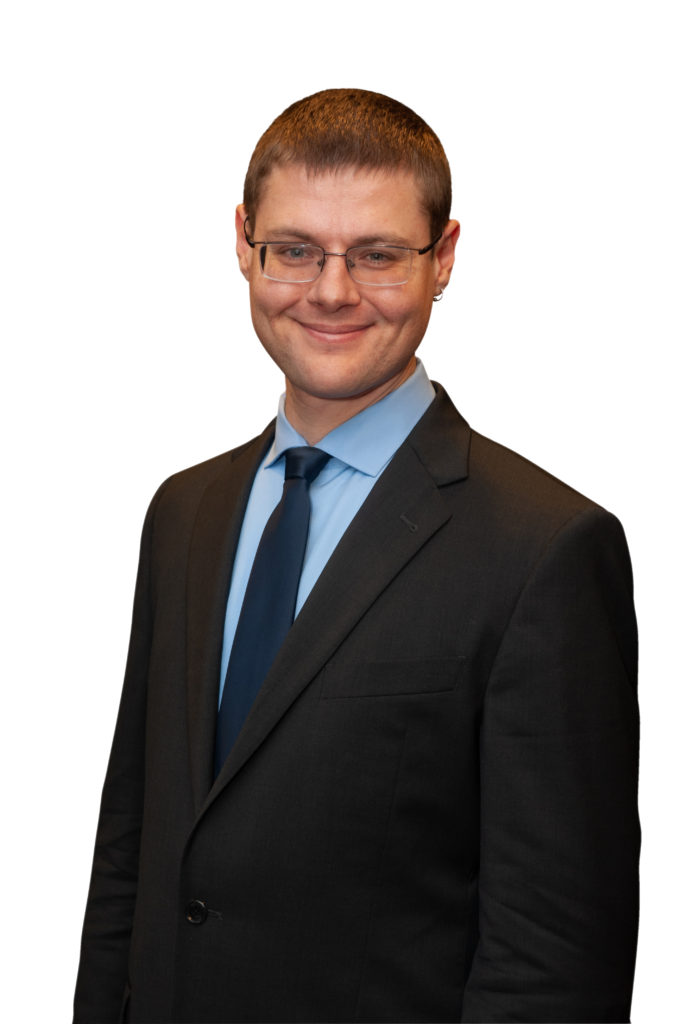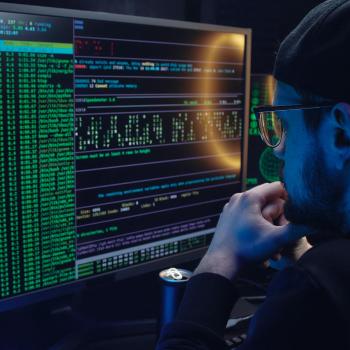
Gathering active and passive feedback plays a vital role in improving stakeholder membership engagement. Learning to love constructive feedback ensures that leaders can fulfill stakeholder expectations appropriately. That’s the key take-away message of this episode of the Wise Decision Maker Show, which describes effective strategies to gain constructive feedback.
Video: “Effective Strategies to Gain Constructive Feedback”
Podcast: “Effective Strategies to Gain Constructive Feedback”
Links Mentioned in Videocast and Podcast
- Here is the article: Effective Strategies to Gain Constructive Feedback
- The book Never Go With Your Gut: How Pioneering Leaders Make the Best Decisions and Avoid Business Disasters is available here
- You are welcome to register for the free Wise Decision Maker Course
Transcript
Hello, everyone, and welcome to another episode of the Wise Decision Maker Show, where we help you make the wisest and most profitable decisions. And today we’ll talk about the most profitable decisions on getting effective, constructive feedback from your stakeholders from your critical stakeholders, the ones who are making decisions that are going to be really important for your organization and for you, as a leader. Now, organizations don’t do nearly enough to prioritize getting feedback from stakeholders, whether the stakeholders are investors, employees, community members, customer, you heard the voice of the customer, right, you less frequently hear the voice of the employee, the voice of the stakeholder, the voice of the shareholder, the voice of the community, that’s really important for you to be thinking about the voices of everyone getting constructive critical feedback from everyone, because their decisions will determine the success of your organization. You need to shape and meet stakeholder expectations, again, shape, influence and meet stakeholder expectations, not disappoint them. And getting stakeholder feedback helps you in understanding the expectations, which of course can help you influence the expectations. So you will get stakeholder buy in as well, by listening to them, they will feel heard. And that’s critical for getting their buy in. And it will help you determine what is working or what you’re doing and what’s not. Now, getting their perspective is going to be the critical thing for a book for getting this, getting their buy in understanding what’s working, what you’re doing, and what’s not working with what you’re doing. And of course, influencing their perspective, you need to understand what it is. And on the basis of all of that understanding and influencing stakeholder perspectives, you will build a trusting relationship with your stakeholders, which is what it’s all about. If they don’t trust you, they will not support you and you want their support. You want the support of anyone that was a stakeholder by definition. Now, why don’t many organizations engage their stakeholders effectively? Well, honestly, leaders often are reluctant to incorporate feedback from their stakeholders, they feel uncomfortable doing this, they feel unpleasant doing this. And it results in serious communication gaps and expectation gaps with your stakeholders, which of course, hurts the relationship with you, and undermines trust with your stakeholders. So you want to really look for input from stakeholders and key decisions, and not fall into mental blind spots that cause leaders to avoid looking for these and go for the feedback from stakeholders and key decisions. These blind spots are called cognitive biases. These are the dangerous judgment errors, which cause us to make bad decisions, including stakeholder feedback. One of these I’m going to talk about three that are most important here. One of these is called the false consensus effect, the false consensus effect. We tend to believe that those with whom we are in relationship, like our stakeholders, share the same beliefs that we do. And that causes leaders to ignore getting input from the stakeholders because leaders believe well, they I already know what they think they think the same things that I do, where they believe their decisions, their perspectives aligned with mine, often not the case. So that’s a serious problem. Number two, status quo bias, it says desire to maintain things the way they are. And so leaders often don’t want to hear from stakeholders, because that will cause them or will push them to change the way things are. And so leaders are afraid of change. They’re worried that stakeholder feedback will cause that change will push change. So that’s a big problem. Obviously, if you should change by getting new information, if there’s new information that suggests Okay, the best thing is to change, you really should change and not try to maintain the status quo, which will result in undermining trust, and with your stakeholders and harming the relationship with you. And the final cognitive bias that I want to talk about is called the confirmation bias. We tend to look for information that confirms our beliefs, and ignore information that doesn’t. Unfortunately for leaders, stakeholder feedback might go against such beliefs. And therefore, leaders often don’t want to hear from stakeholders because they don’t want to challenge their sacred cows. These deeply held beliefs. But you know what? You really need to challenge those beliefs by getting the information from your stakeholders or otherwise, how will you be making good decisions without having that information? And there are two main ways of getting information from your stakeholders for active feedback. And for passive feedback. Active feedback means you ask questions, you inquire, you try to figure out what’s going on actively with your stakeholders. Don’t ask only for what they think, ask for what they feel, how are they feeling about what you’re saying? Emotions determine much of what we do over 90% of our actions and decisions are determined by our emotions. So you really want to ask stakeholders how they feel. That’s simply what they think. And then, of course, ask follow up questions on specific issues, to understand more about their perspective, their emotions, what they’re feeling, their deeper underlying beliefs that are motivating their emotions, and decisions, of course, and what are their needs and wants. And that’s what active feedback can get for you. And this is really important for you to do. Now, fortunately, that’s not the only thing you can do. Sometimes stakeholders might be reluctant to share all of the facts through active feedback, because they don’t want to offend you, you might be in a position of power over them, there might be some things that they want to keep secret, they might be uncomfortable sharing them. Bosh simply they don’t if even if you’re not in a position of power, they might not want to cause negative emotions. So in addition to getting active feedback, you really want to look for passive feedback from your stakeholders. passive feedback means exactly what it sounds like you get feedback passively by observing what’s going on. You analyze their behavior, their words, and what is actually happening. So their actions, how they’re acting, what they’re saying, that’s what you want to be focusing on. Now, what does that mean, for organizations, that means looking for common social media, blogs, public interactions, discussion boards, all of those sorts of things can be useful information as passive feedback. And you’ll want to look beyond the things that people say when they’re guarded, like in focus groups, focus groups, that’s more of an active feedback, people tend to think that’s passive feedback. It’s not active feedback, you want to look at what they’re saying and doing in their unguarded moments when they don’t have their filters on. And that helps avoid these biases. From direct interaction with you the power of bias is associated with power and authority with emotional discomfort, things people don’t want to say, things that upset you to your face, and so on. So those are the two ways of getting feedback from your stakeholders, active and passive. And so these are the effective strategies to gain constructive feedback from your stakeholders. All right, everyone, I hope you’ve benefited from this decision of the wise decision maker show. And my name is Dr. Gleb, Sikorsky, and the CEO of disaster avoidance experts and wise decision makers show is sponsored by disaster avoidance experts. Please like this show and subscribe to it on whatever you heard, whether it’s you watched it on YouTube, or you heard it on a podcast, like Apple, iTunes, subscribe, and please leave a review. That would be great. We’d really love to get your feedback from reviews and reviews, of course, Help others discover the show. And please email me with any thoughts that you want to share. My email is Gleb at disaster avoidance experts dot com. And there’s going to be much more information about this topic of effective strategies to gain stakeholder feedback in the show notes. So check those out. All right, everyone. I look forward to seeing you on the next episode of the wise decision maker show that in the meantime, the wisest and most profitable decisions to my friends
Transcribed by https://otter.ai
Originally Published at Disaster Avoidance Experts on May 3, 2022.
Bio: Dr. Gleb Tsipursky helps tech and insurance executives drive collaboration, innovation, and retention in hybrid work. He serves as the CEO of the boutique future-of-work consultancy Disaster Avoidance Experts, which helps organizations adopt a hybrid-first culture, instead of incrementally improving on the traditional office-centric culture. A best-selling author of 7 books, he is especially well-known for his global best-sellers Never Go With Your Gut: How Pioneering Leaders Make the Best Decisions and Avoid Business Disasters (Career Press, 2019) and The Blindspots Between Us: How to Overcome Unconscious Cognitive Bias and Build Better Relationships (New Harbinger, 2020). His newest book is Leading Hybrid and Remote Teams: A Manual on Benchmarking to Best Practices for Competitive Advantage (Intentional Insights, 2021). His writing was translated into Chinese, Korean, German, Russian, Polish, Spanish, French, and other languages. His cutting-edge thought leadership was featured in over 650 articles and 550 interviews in prominent venues. They include Harvard Business Review, Fortune, Inc. Magazine, CBS News, Time, Business Insider, Government Executive, The Chronicle of Philanthropy, Fast Company, USA Today, and elsewhere. His expertise comes from over 20 years of consulting, coaching, and speaking and training for mid-size and large organizations ranging from Aflac to Xerox. It also comes from his research background as a cognitive scientist. After spending 8 years getting a PhD and lecturing at the University of North Carolina at Chapel Hill, he served for 7 years as a professor at the Ohio State University’s Decision Sciences Collaborative and History Department. He lives in Columbus, Ohio (Go Bucks!) and in his free time, he makes sure to spend abundant quality time with his wife to avoid his personal life turning into a disaster. Contact him at Gleb[at]DisasterAvoidanceExperts[dot]com, follow him on LinkedIn @dr-gleb-tsipursky, Twitter @gleb_tsipursky, Instagram @dr_gleb_tsipursky, Facebook @DrGlebTsipursky, Medium @dr_gleb_tsipursky, YouTube, and RSS, and get a free copy of the Assessment on Dangerous Judgment Errors in the Workplace by signing up for the free Wise Decision Maker Course at https://disasteravoidanceexperts.com/newsletter/.














